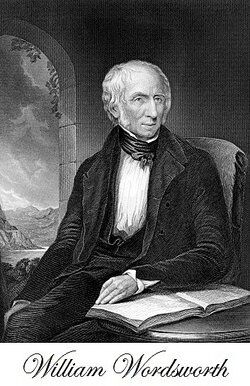The loss extends to the stem-ending of the first element of a compound, thus the personal name Maglo-ci nos became Maelgwn; and generally to unaccented syllables, thus episcopus became *epscop, whence esgob; trinitat-em gives trindod.
The Latin alphabet is used, with special signs to represent sounds borrowed from Slavonic, &c. All the unaccented vowels except e are pronounced as in Italian; e has the same phonetic value as in Old Slavonic (=French e) and is often similarly preiotized (= ye in yet), notably at the beginning of all words except neologisms. The accented vowels é and ó are pronounced as ea and oa (petra, rock, = peatra; morte, death, = moarte); they are written in full, as diphthongs, at the end of a word and sometimes in other positions.
Though short o changed in the Latin of the last age of the Roman republic to u in unaccented syllables always (except after u whether vowel or consonant), and sometimes also in accented syllables, this was not equally true of vulgar Latin, as is shown by the Romance languages.
In the case of the latter, the survival of the syllable "man" in Le Mans is due to the stress laid on the vowel; had the vowel been short and unaccented, it would have disappeared.
A long vowel when unaccented counts short, thus peccatorem treated as *peccatorem, gave pechadur.


